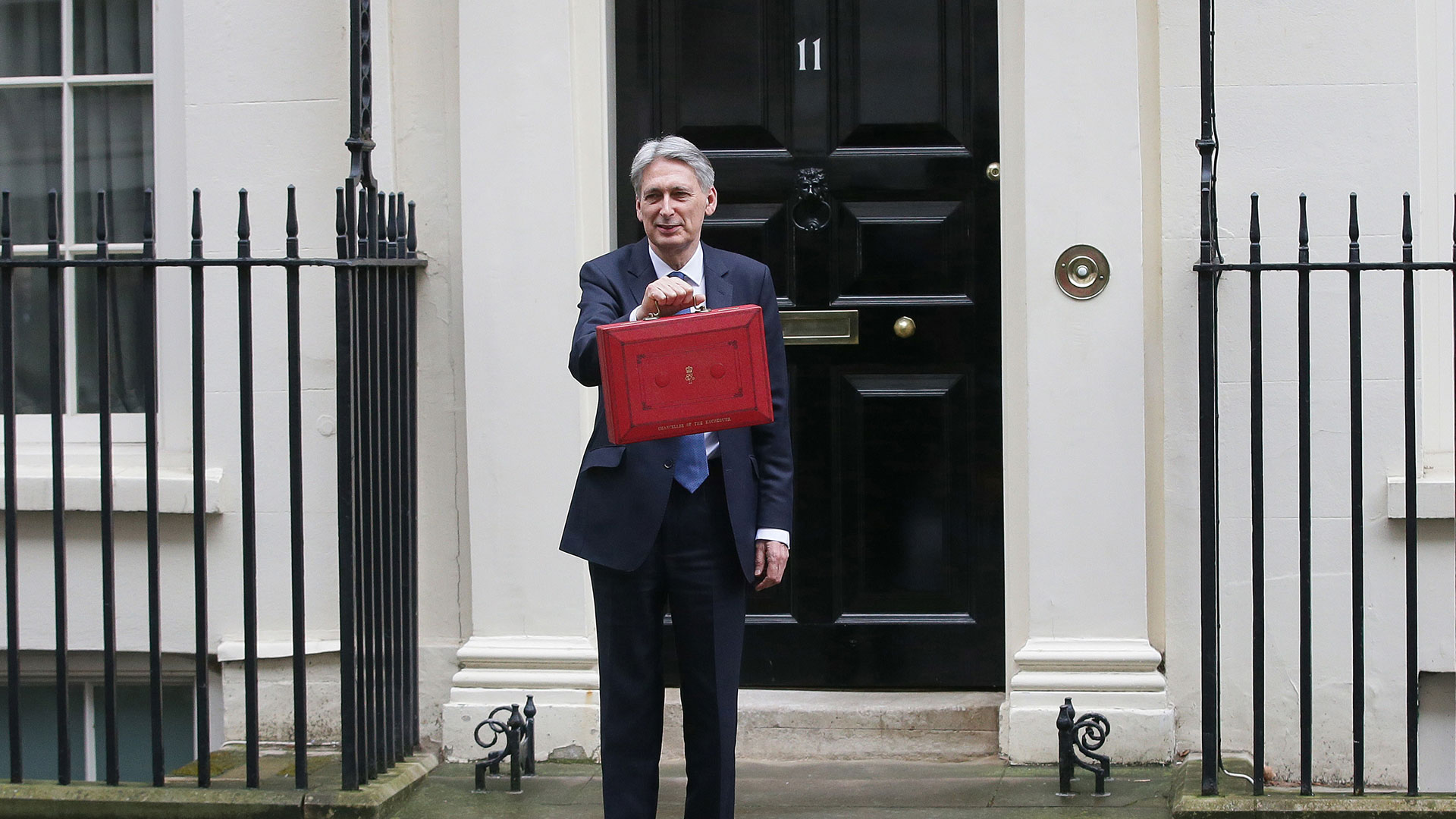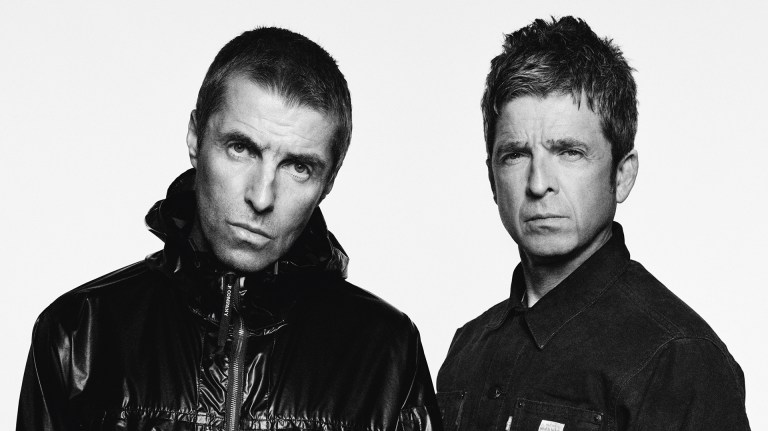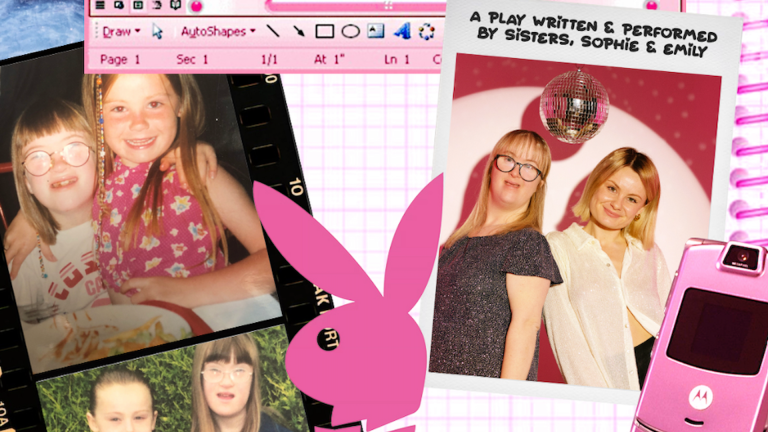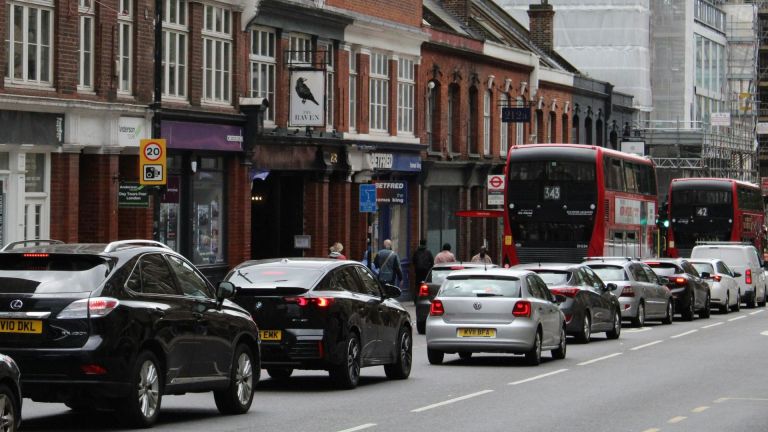So what was the Budget all about? A few quid for potholes, a gift around tax on booze, a generous tax boost for the well off (except in Scotland), some weird news about public toilets, repeated assurances that austerity is over, or at least coming to an end? The thing about ending austerity is that just because you say it, don’t make it so.
As the dust settles we realise Philip Hammond’s Budget did pull off one neat trick – it united both sides of the political divide. Both agreed there wasn’t much in it. The reasons, naturally, were different. On the government’s side it was because it kept the car between the hedges, steady as she goes, no surprises. And there’s a promised land of a £15bn bounty – Hammond’s headroom – should grease be needed to oil some wheels around Brexit.
On the other side it was thought empty because so little was done to boost the services whacked so mercilessly by austerity. If the job of government is to keep everybody, equally, feeling deflated, then job done.
And that gets to the heart of one of the issues around the Budget, in fact around how we live now – the role of government.
Liz Truss, Chief Secretary to the Treasury, sat behind Hammond for the whole of his speech. She looked happy. Truss doesn’t believe in much state intervention. She has spoken previously about wanting a ‘sleek state’, not having the government intervene in peoples’ lives. It’s a point of view shared by a good number of her party. Broadly, that’s a fine view to have. Encourage personal responsibility, not a nanny state.
But if you follow it to its natural conclusion, you turn the tap off for a lot that government really needs to do. You can then advocate much lower taxes and even less intervention. So government becomes a question of ideology rather than best practice.











